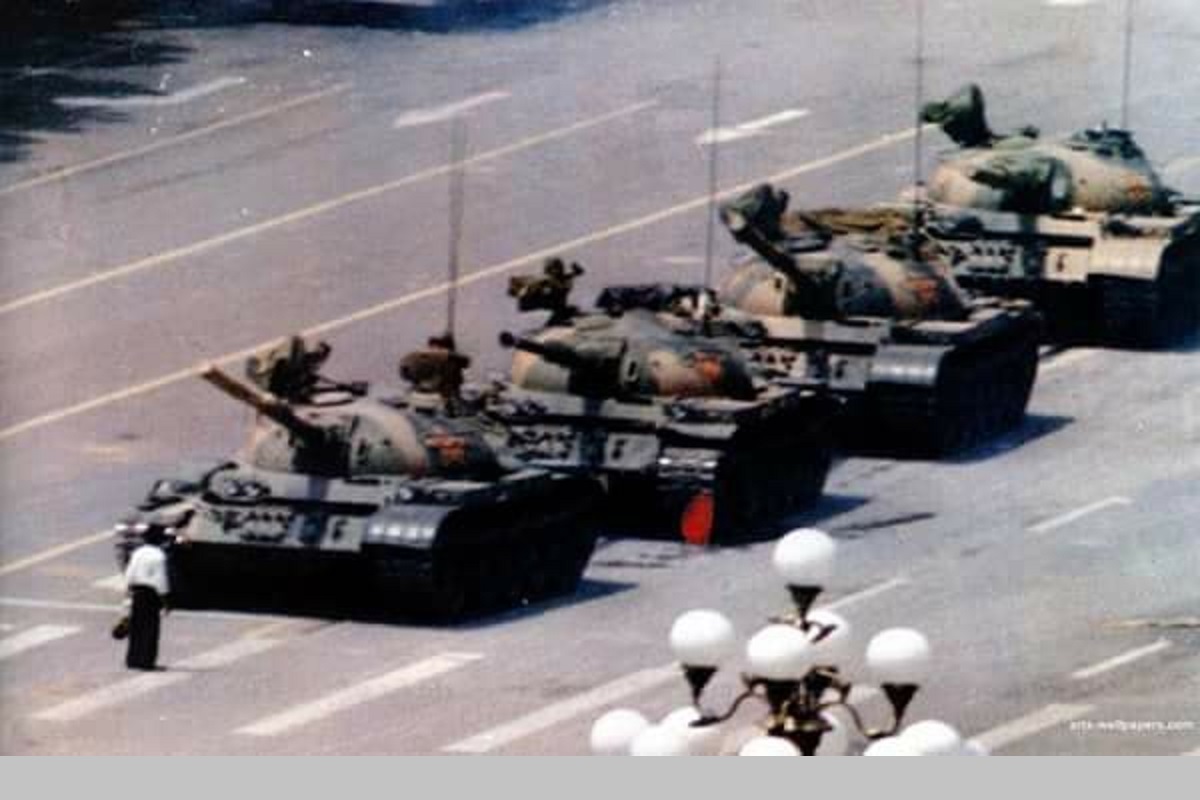The message is irrevocable.
China showcases a defeat of the people. Thirty years after the historic events in Tiananmen Square convulsed China to its foundations, the country now oscillates between an authoritarian President-for-life, and seemingly liberal winds and an endorsement of market economy at another remove. This intrinsically is the study in contrast. Since the summer of June 1989, the 3rd and 4th to be precise, there has indubitably been a critical forward movement in the socio-economic parameters.
Advertisement
In parallel, the authority of the State has been buttressed remarkably, with Xi Jinping at the helm for life. Indeed, the state apparatus in the high noon of the Xi era is faintly reminiscent of Mao’s China. In step with scientific achievements, the Communist Party of China is said to have acquired what they call cutting-edge technology to step up surveillance on dissenters.
Ever since Xi became President, the government has been straining every nerve to track the activities of the citizenry. High-tech devices help the government to monitor its own people. The stranglehold of the State apparatus is ever so oppressive.
A whole generation has grown up in the three decades since the Tiananmen Square movement and massacre; quite naturally those now in their 30s are bewildered over the repressive praxis of the omnipotent CPC and the government to stifle contrarian perceptions.
Arguably, intolerance is as pronounced as it was in 1976, when Mao passed away. Small wonder there is considerable consternation among many who are now in their 50s. It is almost incredible that reference to Tiananmen has been erased from the official website. The authorities have gone beyond relegating the heady events to the footnotes of history.
Beijing has accorded a novel spin on detoxification of history; the discipline has been bowdlerized. Equally big casualties have been the certitudes of democracy, pre-eminently freedom of thought and expression and the right to dissent. Most importantly, the Uighurs, a minority segment in Xinjiang province, are now the victims of forced incarceration and State surveillance.
It is sad to reflect that 30 years after Tiananmen, the surveillance is today a nationwide phenomenon. Small wonder that a large number of survivors have now sought refuge in the United States after languishing in prison for as long as they did. Clearly, it is oppression that dominates the narrative.
The Western bloc must be acutely aware that economic growth and the acceptance of market economy have not fructified in terms of political liberalization. This is the stark contrast that the world will have to accept, and not merely the likes of Donald Trump.
China’s trade war with the US has exacerbated the crisis at home, and on the 30th anniversary of the Tiananmen Square upheaval. Counter- mobilisation by the dispensation, in the aftermath of a revolution, has never been easy to countenance. In China, continuity has scored over change.











